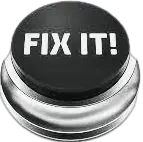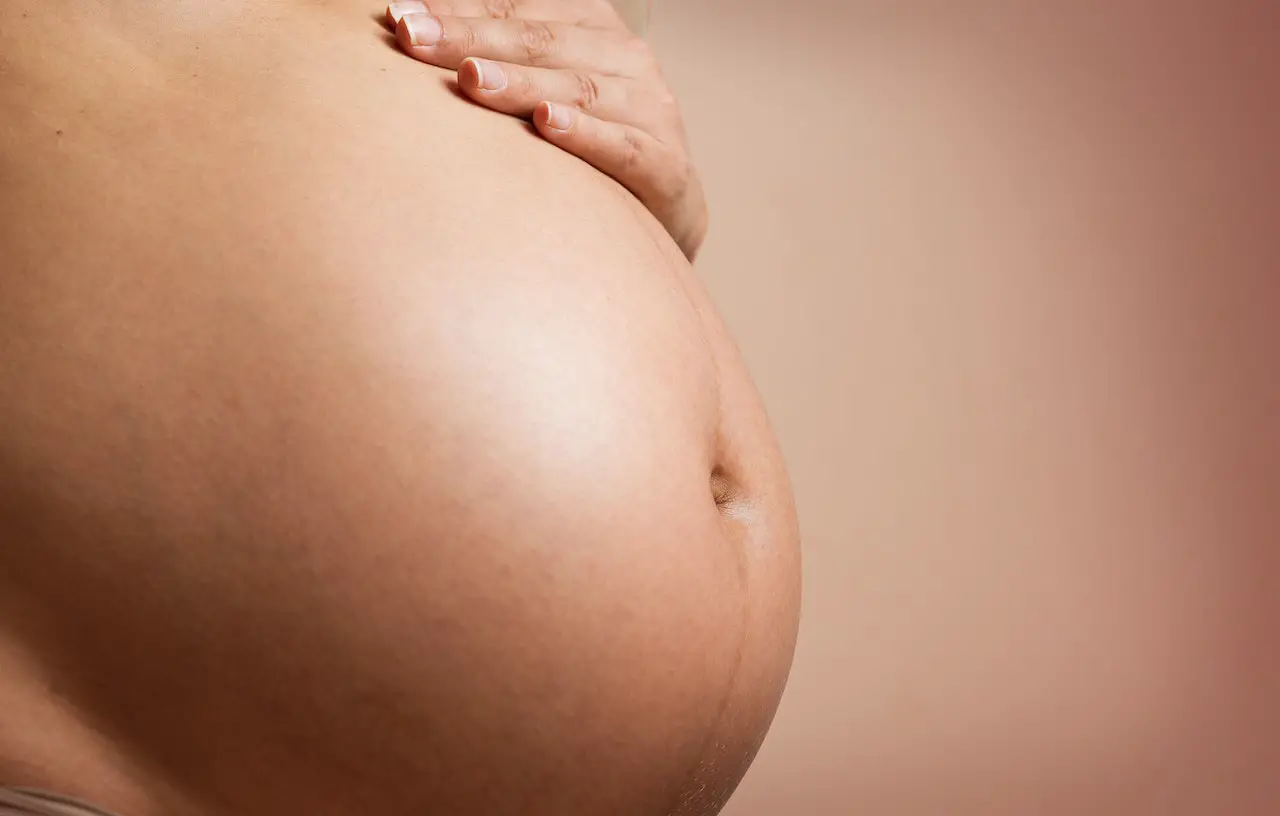Burping after drinking water? While occasional burping may be uninhibited and harmless, it should never occur regularly; otherwise it could indicate more serious health concerns.
Burping After Drinking Water?
Burping and belching refers to the release of digestive gas through the mouth, typically with its own characteristic sound and smell.
Burping may be caused by certain habits and foods. Antacids may provide relief in this instance.
Also read: “Can I Use a Google Play Gift Card on Amazon?”
Drinking too Quickly
If you spend much of your time watching gut health TikTok videos, chances are you may have come across one claiming to measure stomach acid by having you drink baking soda diluted in water and then burp. But experts caution against relying on such claims; according to their expert knowledge this “baking soda burp test” is just pseudoscience and should be disregarded immediately.
Belching is your body’s way of exhaling air from its upper digestive tract, but most swallowed air never even reaches your stomach according to NIDDK research. Excess air may enter through excessive eating or drinking too quickly, chewing gum, smoking cigarettes, sucking hard candy or drinking carbonated beverages – among many other activities.
Stressful situations may lead to you breathing in larger volumes than necessary and leading to excessive belching. Try relaxing through yoga or meditation if you find yourself stressed out; additionally, drink less water than usual and ensure you eat a diet rich with vegetables for best results.
Drinking from a Bottle or Straw
Though occasional burping may not be cause for alarm, frequent burping could indicate digestive issues. If this happens frequently for you, seek medical advice immediately so they can determine the source.
Most people typically burp three to six times after eating, typically due to swallowing air. But frequent burping could be an indicator of gastroesophageal reflux disease (GERD), in which acidic food and liquid from the stomach leak back up into the throat passage and cause irritation and acidity build-up in it.
To avoid GERD, it is wise to drink your water sitting up or lying down to reduce the chance of inhaling extra air. Furthermore, fizzy drinks contain carbon dioxide which causes you to inhale additional air; moreover it’s advisable to refrain from chewing gum and sucking hard candies which could also make you swallow additional air.
Talking while You Eat
Talking while eating can relax the ring-shaped muscle at the base of your esophagus that helps maintain proper food and digestive juice flow, leading to more food entering your stomach and more air being swallowed causing you to burp more than normal.
If you find yourself talking while eating, try only speaking when necessary or chew slowly and mindfully. Also, if at a social gathering or public place and feeling an imminent burp coming on, cover your mouth and say, “Excuse me”, so as not to embarrass anyone nearby.
Sometimes people produce excess gas that causes them to burp more often, though this usually is not indicative of anything serious. Consult your physician if the burping persists even with changes to diet or lifestyle changes.
Chewing Gum
If you’ve seen anyone chewing gum while drinking water, chances are they have an excessive burping problem. Chewing gum causes swallowing air which in turn creates gas in your stomach which results in burps.
Xylitol and other sugar alcohols found in gum can also cause you to burp. As these substances cannot be digested by your digestive tract, they end up as carbonic acid gas in your digestive system, leading to burping.
Thermal illusion explains why chewing gum makes water seem colder; it works by activating TRPM8, a protein in your body sensitive to cold temperatures that opens up when you chew gum, fooling your brain into believing the temperature of water is lower than it really is – an effect used extensively in most magician’s tricks and optical illusions.
Eating Spicy Foods
Spicy foods may help curb appetite by stimulating metabolism, but they may also trigger gas and burping issues. If this is something that happens regularly to you, try drinking lemon juice mixed with baking soda before meals to see if that helps or chewing mint leaves for relief. In either case, carbonated beverages should be avoided at all costs as they could exacerbate belching issues further.
If you still experience excessive belching, talk to a physician or registered dietitian. They can offer advice on how best to manage your symptoms or run tests to find out what could be triggering them. In the meantime, avoiding foods high in FODMAPs (such as beans, wheat, onions, garlic and mushrooms) may help decrease belching; but always consult a healthcare professional first when making changes in diet or medications.
Eating certain Foods
Burping is an entirely normal part of our body’s way to release excess air, according to gastroenterologist. If it becomes an ongoing habit for you, however, consulting your physician might be prudent; you could be suffering from something such as indigestion (pain or discomfort in your stomach), dyspepsia due to Helicobacter Pylori infection, or Irritable Bowel Syndrome.
At meals or during small sips throughout the day, drinking water is fine – but be careful to drink from bottles or straws that could force you to swallow extra air. If your belching continues for extended periods, however, seek medical advice immediately as this could indicate more serious underlying conditions – your physician will ask about when it first started and its patterns. They may then run tests to identify why it occurs.

